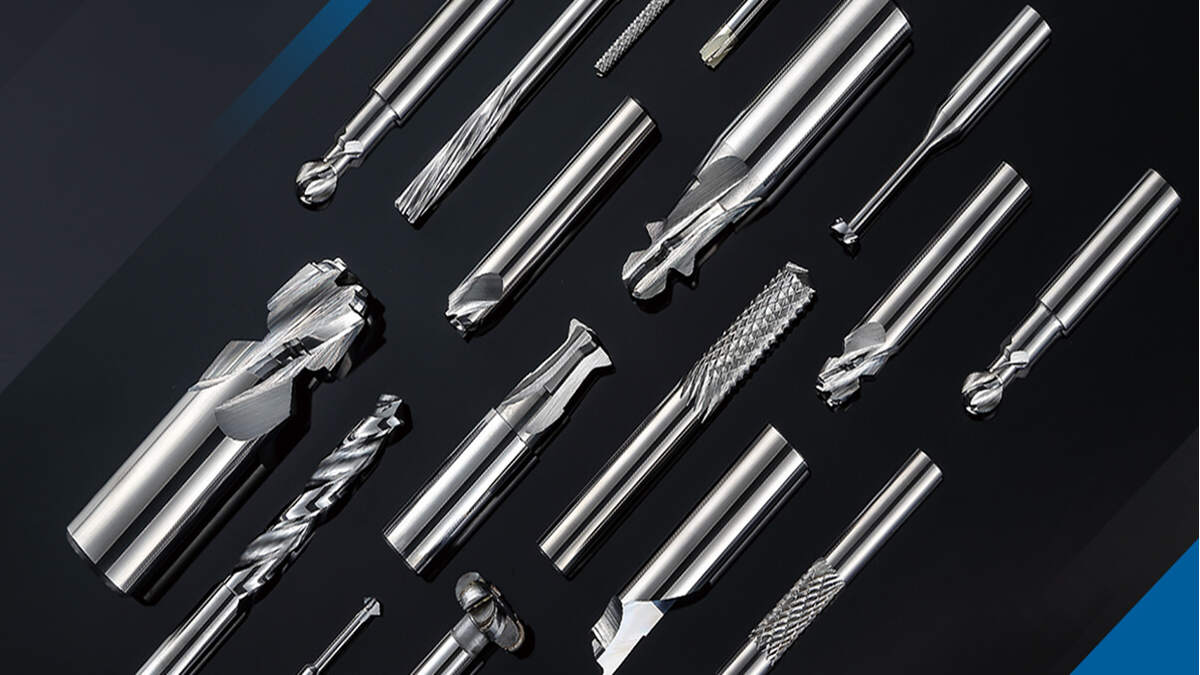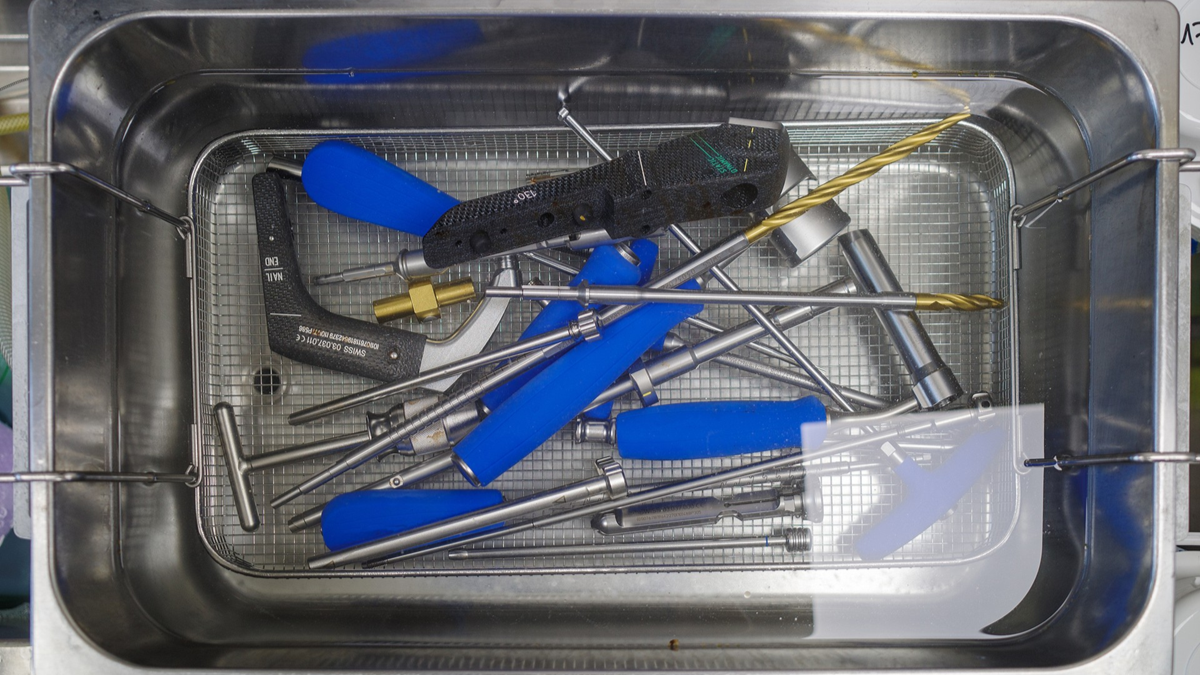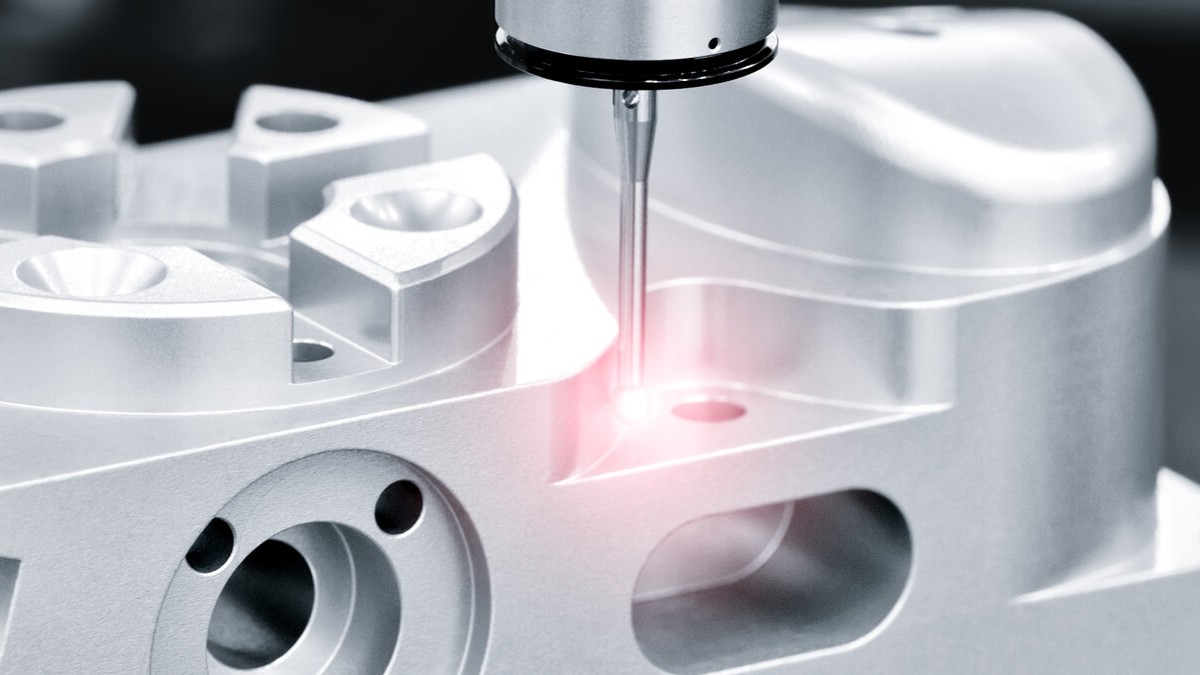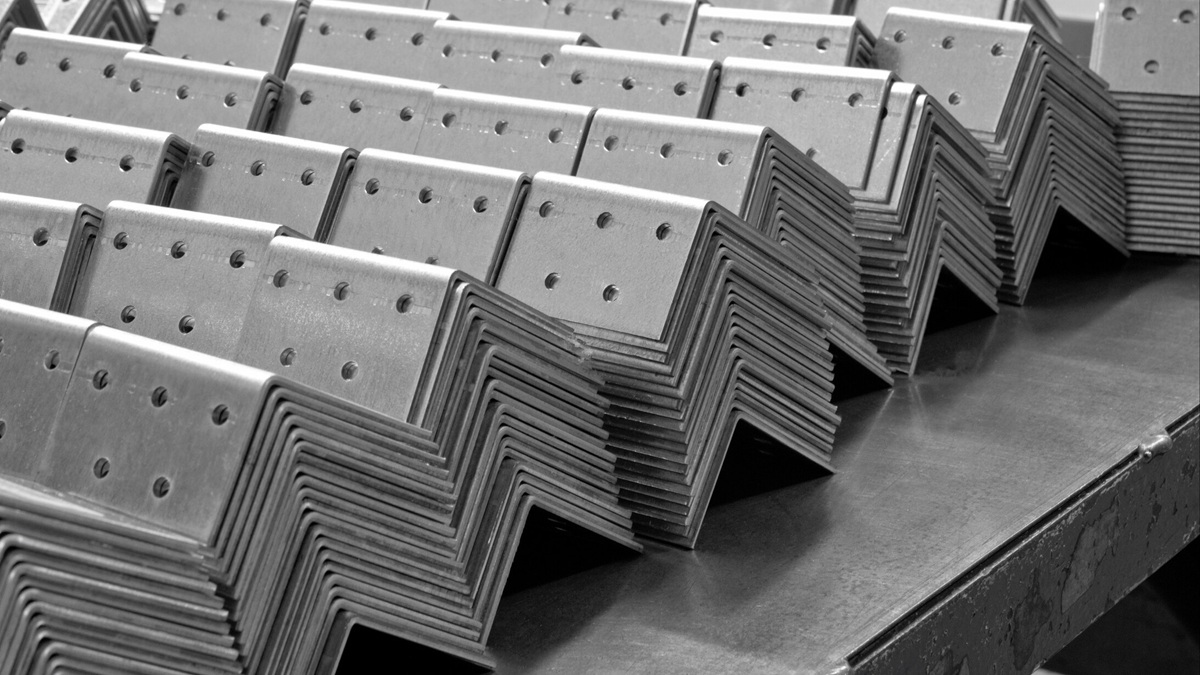Discrete manufacturing is an industry term for the manufacturing of finished products that are distinct items capable of being easily counted, touched, or seen. Discrete manufacturing involves parts and systems like nuts and bolts, brackets, wires, assemblies, and individual products.
Discrete manufacturing is a type of production process where the output can be counted and tracked as per unit numbers and they are measured in terms of weight or volume.
A business must have good supporting software that helps in impeccable planning and execution of the same. The biggest challenge of this manufacturing process is that its production depends on the individual needs of its customers.
Examples of products made from discrete manufacturing include automobiles, furniture, airplanes, toys, smartphones, and defense systems. In theory, a discrete product can be broken down at the end of its lifecycle so its basic components can be recycled.
What are discrete manufacturing examples?
Almost every item sold in stores is an example of discrete manufacturing. What is meant by discrete manufacturing is that the object being created is a distinct unit. You can divide non-distinct products, like oil, into any size you want. You cannot divide a teapot into two halves because it is a distinct unit.
Examples of discrete manufacturing could include:
- vehicles
- aircraft
- smartphones
- computers
- cookware
- clothing
- cabling
It could also include parts such as:
These parts can be individually countable as units, or identifiable as numbers. Usually once produced, items cannot be distilled back into original components.
Discrete manufacturing can be characterized by unit production; where units can be produced with high complexity and low volume, like aircraft or computers, or low complexity and high volumes, like nuts or bolts.
Discrete vs. process manufacturing
Discrete manufacturing contrasts with process manufacturing. In process manufacturing, the product is created by using a formula or recipe to refine raw ingredients and the final product cannot be broken down to its basic components.
Examples of goods produced by process manufacturing include pharmaceuticals, food, and beverages, refined oil, and paints.
Discrete manufacturers use a bill of materials (BOM) and production follows a route, such as an assembly line, whereas process manufacturing uses a recipe and the ingredients are blended or refined in batches.
Discrete manufacturers make things that can be counted and itemized and often require assembly. Examples are the Ford Motor Company making trucks and automobiles, Rawlings making baseballs and gloves, Apple and iPhones and computers, and all the other companies making all the other widgets and gizmos. These products are ordered, manufactured or assembled, and delivered, based on “how many” the customer needs.
Discrete manufacturers, on the other hand, can have a highly complex bill of materials (BOM), which may be parts or raw materials. In addition, most manufacturing has a multi-step assembly process. If a single part or material is missing, the whole production process can grind to a halt. Assembly also necessitates ample factory floor space, multiple machines often organized in cells, and usually requires more human input and labor all throughout the process. For this reason, availability is paramount.
Continuous-flow or Process manufacturers make stuff that has to be mixed from a formula or a recipe. Pharmaceutical companies like GlaxoSmithKline, chemical companies like Dow Dupont, or oil companies like Exxon Mobil Corporation. Most food and beer manufacturers also fit in this category, even if the end product is packaged or bottled and is technically a thing. Food is just edible stuff, apparently. Customers order from process manufacturers based on “how much” of something they need.
Despite their differences, many manufacturers have elements of both types of products in their production process.
Discrete manufacturing and ERP systems
ERP systems, then called manufacturing resource planning (MRP), were originally developed to manage discrete manufacturing processes. These ERP systems let companies control and get visibility into the manufacturing process, helping to eliminate waste and reducing the time required to produce the goods.
Typical functions in these systems include inventory or materials management, sales order management, supply chain management, financial management, and CRM. ERP systems are often tailored for specific discrete manufacturing needs in various industries, such as automotive, aerospace, defense, industrial equipment, and electronics. The systems are then typically customized to meet a manufacturer's specific needs.


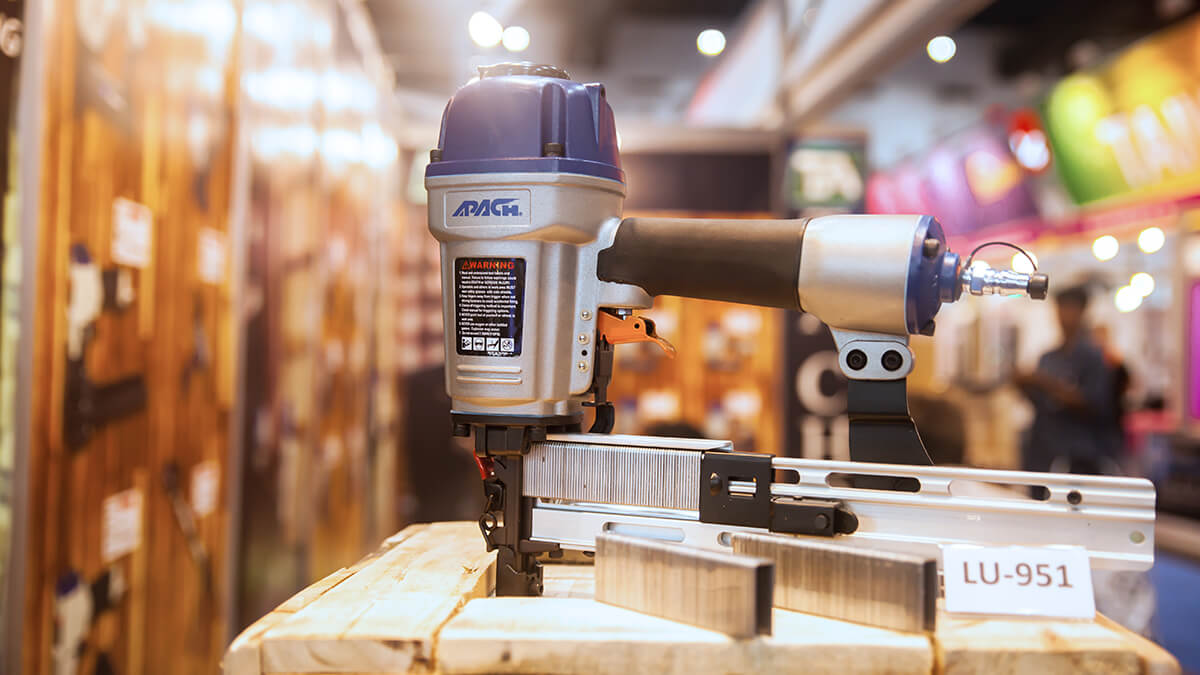
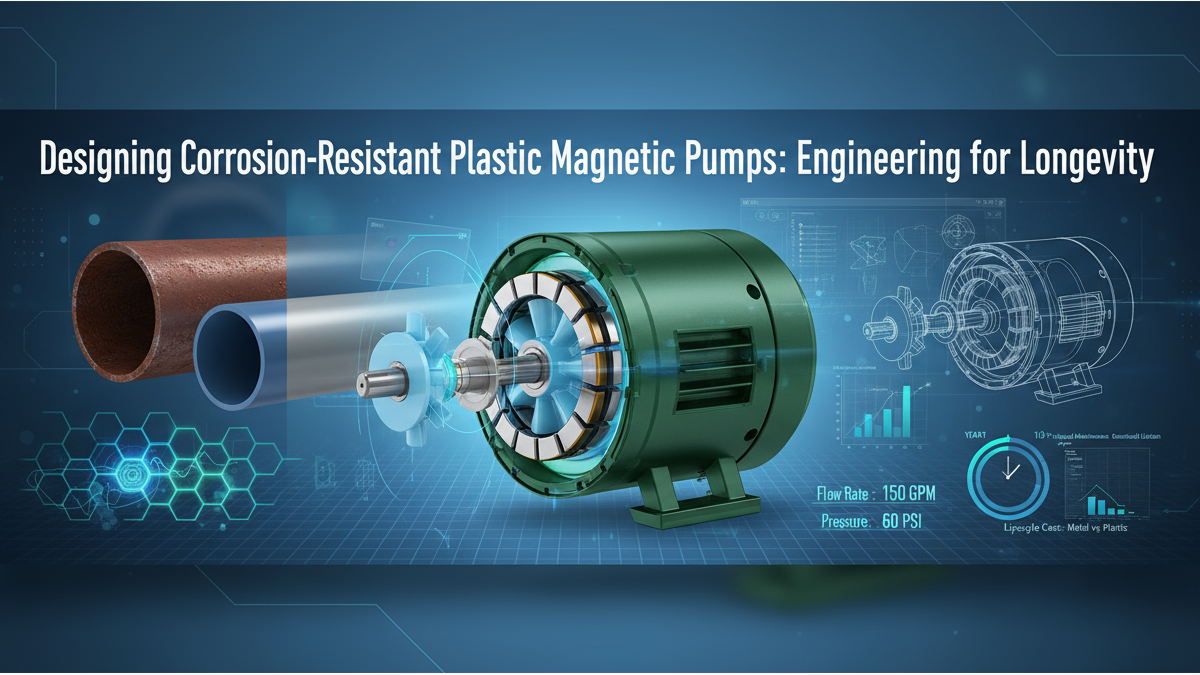

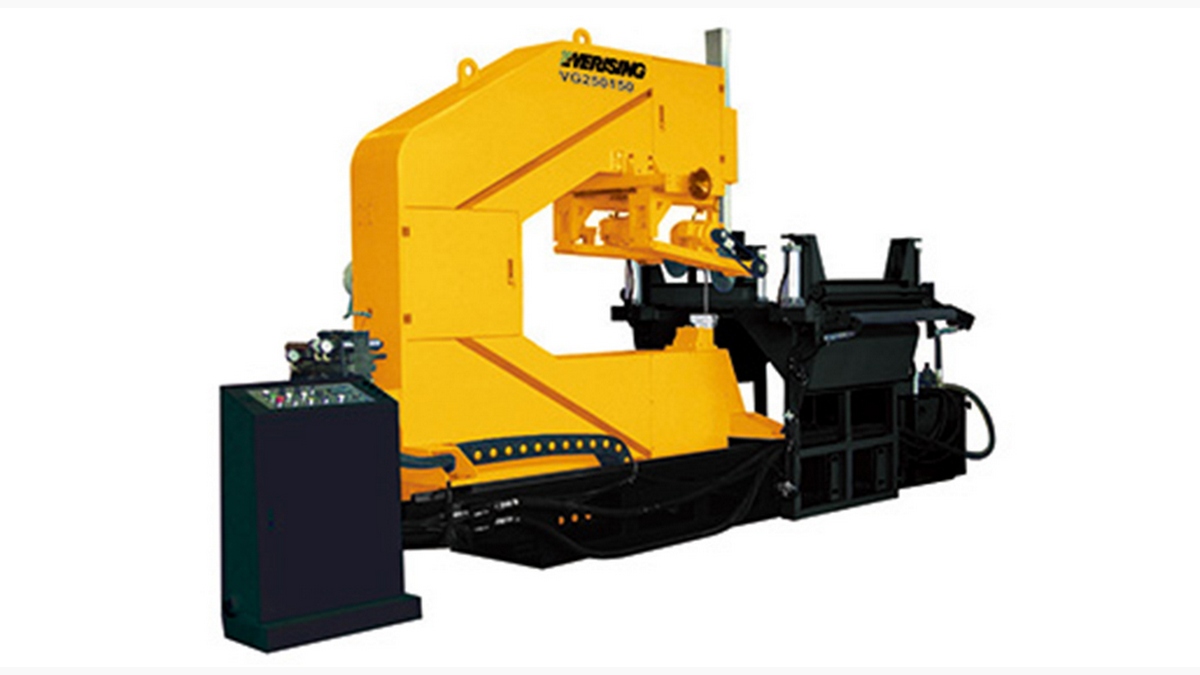



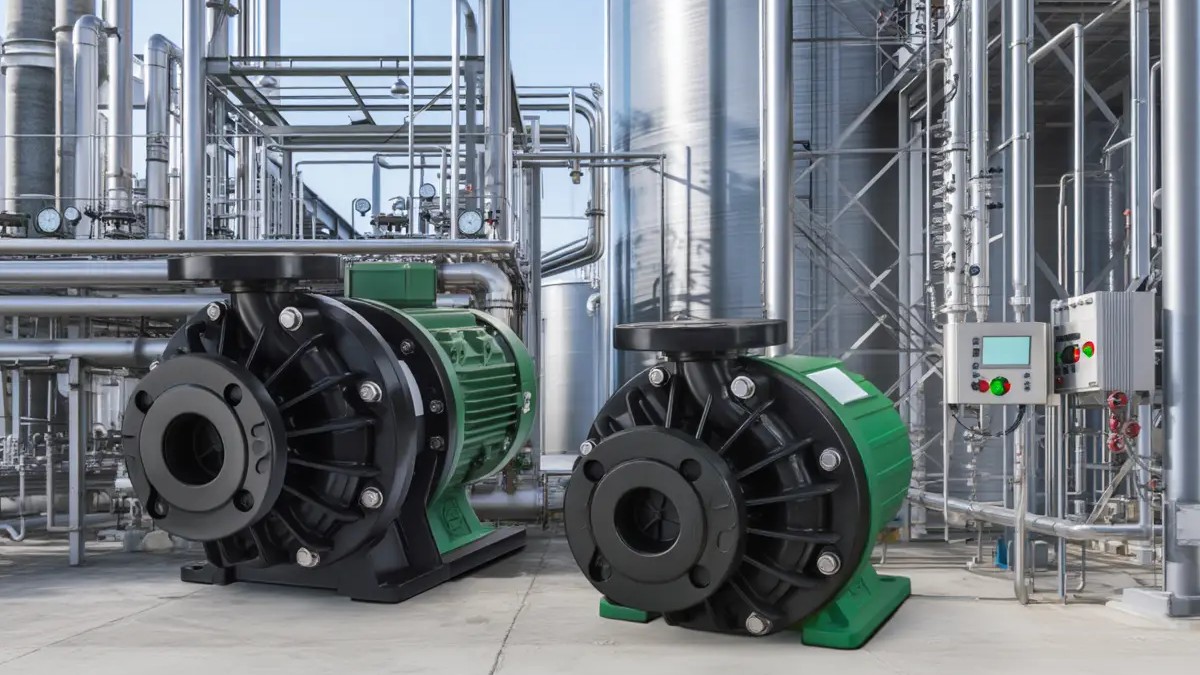
.png)
